|
Today marks the beginning of the Season for Nonviolence - 64 days between the dates that memorialize the assassination of Mohandas Gandhi (January 30) and Martin Luther King, Jr. (April 4). This season was established in 1998 by Arun Gandhi, son of Mohandas Gandhi, as a yearly event celebrating the philosophies of Gandhi and Martin Luther King, Jr. Both of these men boldly used the power of Nonviolence in their movements toward Freedom. For both men, the people they led faced horrific oppression by the forces in power. Oppression is a violent activity, and the human response to violence is normally to fight back or surrender to it. But Gandhi and King led their respective populations in a different way, calling them to a higher level of conscious action – nonviolent resistance. Today we applaud the leadership of these great men and hold them in high esteem for what they were able to accomplish through nonviolent action. We seek to emulate what they taught and practiced. Through them, we know that the road to Peace begins with seeing no ‘other.’ It then calls us to overcome our tendency toward retribution, make nonviolent choices, and ultimately act in loving ways. It’s not an easy path. Gandhi and King both knew that any expression of violence perpetuates more violence; it is counterproductive. Its ugly energy compounds itself whether its underlying motivation is hate, greed, domination, fear, anger, lust or power. But if we truly want to live in a peaceful world, we have a long road ahead of us. There are widespread forms of oppression and exploitation - which we do not see or want to know about - rampant on the planet today. In fact, we want so much to pretend they don’t exist, we have established comprehensive systems to keep them entirely out of sight. An immense population today suffers horrific oppression and exploitation. They are not a minority. There are 70 billion* of them. At the hands of their oppressors they are marginalized, abused, exploited, oppressed and murdered. This population has no voice, and isn’t wired for violent retaliation in the same way we humans are. In fact, they are generally quite docile and completely innocent of any wrongdoing. They are our animal brothers and sisters who we use for food. These 70 billion animals suffer mightily at our hands simply because we like the taste of their their bodies and the look and feel of their skins, fur and feathers. If you don’t believe it, take a look here, here and here. Most of us would be appalled if we witnessed humans being harmed and exploited in the same way that we routinely and nonchalantly harm and exploit animals. But since birth, we have been fed propaganda about animals. Propaganda is underneath all oppression and exploitation. It serves to help us feel okay about ourselves when we harm, exploit and kill others, because it convinces us that the lives of our victims have little or no value. The propaganda that we have been fed includes these ideas: ‘Animals are stupid,’ ‘They were created for us,' 'Their purpose is to feed us,' ‘They don’t suffer,’ ‘They aren’t as important as we are (so what happens to them doesn't matter),’ ‘Our bodies need their meat for protein and their milk for strong bones,’ ‘Humans are designed to consume animal products,' ‘Humans have always eaten animals and always will,’ ‘The spirits within animals offer themselves to us as a sacrifice,’ 'When we eat meat it's no different from what Native Americans did,' 'Animals live on happy farms (so killing them is okay),' and ‘Killing animals is just a part of life because we have to live.’ None of these are true statements. They are simply beliefs or ideas that were fed to us by our parents or culture. Because we've accepted these beliefs, we have culturally normalized egregious violence against innocents. And as our human population has grown, the scope and number of victims is beyond what any of us could ever imagine. It is estimated that 60 billion land animals and one trillion** sea animals are killed as food on our planet every year, all while there is an abundance of healthy, plant-based alternatives readily available. That's an astounding level of completely unnecessary violence. It amounts to 33,612 lives taken every second. But it is much bigger than even that, because so many deaths aren't even counted. Every violent act impacts the planet and all of us living here. How could it not? We are interconnected, and the energy of violence doesn't just disappear. It is time to take a look at ourselves and seriously ask: If we can live well without harming other beings, why wouldn’t we? As we enter the Season for Nonviolence, now is a good time to begin making new choices. Allow the next 64 days to open your eyes, mind and heart and lead you to the path of nonviolent action. Gandhi taught, "Nonviolence is the greatest force at the disposal of mankind." It is. It is also the greatest and most noble way to live. You can begin by taking steps to be kind to yourself and extend Mercy and Compassion to ALL others. Awaken to your interconnectedness with all Life. Withdraw your participation in unnecessary violence of any form. Diligently work on breaking the habit of using animals for food, clothing and entertainment, and being cause in any way of their endless suffering. Remember they are sentient beings, who desire life the same as you and I. Know that any action you take in this direction has a direct and profound impact on the world. You will single handedly bring the worst forms of violence on our planet down a notch. The world will edge closer to Peace. You will influence others. And you will love yourself for it. So will your animal brothers and sisters. Thank you Mohandas Gandhi and Martin Luther King, Jr. for showing us the power of Nonviolence. Now let's take the step we've been avoiding. May all beings know Peace. © carol saunders 2018
* Compassion in World Farming Strategic Plan 2013-2017 ** "Why We Must Respect the Rights of All Sentient Animals" by Gary L. Francione and Anna E. Charlton, January 28, 2018 Note from the author: If while reading this post your mind has gone to the question, 'What about plants? If I eat less meat I'll be killing more plants...they also want to live," here are a couple sites to check out: https://bobbyrock.wordpress.com/2009/12/28/%E2%80%9Chow-do-you-vegans-justify-killing-plants-when-they%E2%80%99re-living-things-too%E2%80%9D/ http://www.thescavenger.net/social-justice-sp-24912/animals/669-yes-killing-animals-is-worse-than-killing-plants.html
2 Comments
I recently read the book, Amazing Grace by Eric Metaxas which catalogues the remarkable life of William Wilberforce. I was inspired to write something about him and his life's work because he led an incredibly profound shift in human consciousness, and he led it with dignity and truly amazing grace. My writing here may read more like an essay than a blog post, but I wanted to capture this important history and relate it to the choices we make today. In 18th century England, a battle for the conscience of the nation was brewing. For 300 years, England along with most European countries had been deeply involved in the transatlantic slave trade. The triangular commercial sea journey began in West Africa where supplies such as copper, guns and ammunition were sold and traded to elite African kings and merchants in exchange for human slaves. On the second leg, the slaves were transported across the Atlantic Ocean, known as the Middle Passage, to the New World (North and South Americas and Caribbean islands). Brutal ship captains and reluctant-but-obedient seamen subjugated them to abhorrent, crowded and inhumane conditions during the 2-½ month sea journey. In the New World they were sold to merchants and then to plantation owners who exploited them for a lifetime of grueling hard labor. On the third leg, goods produced by slave labor such as cotton, sugar and tobacco were shipped to European nations like England, Spain, France, Portugal and the Netherlands and sold to the consuming public. British politicians and business owners propped this system up for centuries. During the 300-year transatlantic slave trade, it is estimated that over 12 million human beings were torn from their homes and sold into slavery with 1.4 million dying on the treacherous Middle Passage. That’s a staggering 40,000 people a year. Diagram of 'living conditions' on a slave transport ship. In the ship's hold, African slaves were shackled ankle to wrist with barely any opportunity to move. Europe and the Americas were not the only ones involved in a slave trade. Arab and Asian nations also had their own slave trade in central and West Africa and for much longer - at least 10 centuries - and there was a slave market within Africa itself. While it is nearly impossible to conceive of a commercial slave trade business existing in our world today, in the 18th century no one alive would have remembered a time when slavery didn’t exist. Human beings were treated like objects – not beings with personal interests – but it had been a way of life since Biblical times, and was so ingrained in the world’s cultural fabric that it seemed to be indelibly woven into humanity itself. The prevailing cultural view was ‘slaves are property and meant for us to use.’ Who would question it? We think quite differently now. Why is that? We think differently because we have evolved in our consciousness. We have evolved because visionaries existed who saw something that the culture which produced them could not see – that slavery itself was morally wrong and in serious opposition to any teachings of Love and value for Life. They had learned this from their Christian faith. In their view all attempts to justify slavery had no moral ground. In the midst of a culture that saw nothing was wrong, these visionaries focused their efforts on changing the culture. It takes heroic effort for a small band of people to commit their lives to persuading the rest of the world to awaken, see the truth, and act with love, respect and compassion. Their vision was freedom for all, not just for those who were like them. In spite of the seemingly colossal and immovable force holding up the institution of slavery, consciousness was on the cusp of shifting. William Wilberforce, an English politician and philanthropist, was the man who rose to the cause at this crucial moment in history to be the political leader of the movement to abolish the slave trade. From the young age of 21, he was an esteemed, independent member of Parliament, and was universally considered to be a brilliant orator. As a newly devout Christian, he believed his work to end the slave trade was a Divine calling. Wilberforce was joined by many like-minded souls who worked tirelessly for the abolition cause. After several years of gathering evidence and making preparatory motions, Wilberforce presented the first parliamentary bill to abolish the slave trade in 1791. In his heart he believed that once people understood the horrors of the slave trade they would do the right thing and abolish its practice. A painting depicting William Wilberforce making an impassioned speech in Parliament He was utterly wrong. The bill was easily defeated 163 votes to 88. A very long and grueling battle lay ahead. The abolitionists turned their attention to the general public – the people who consumed every day products made from slave labor like sugar, cotton and tobacco. They were participants after all. Using leaflets and town meetings, the abolitionists shared eyewitness accounts of how egregiously slaves were treated during their forced journey across the Atlantic and during their lives as forced laborers the plantations. Their hope was to persuade the public to support the cause of freedom. Campaign logo made by Josiah Wedgewood and used widely by the Society for Effecting the Abolition of the Slave Trade As with most causes, there were some people who heard the truth and were moved to sign petitions and change their lifestyles, withdrawing any semblance of their participation in the slave trade business. Some became activists. But there were many others who heard it all and remained bystanders. And there were many more who simply could not or did not allow themselves to hear. The spectrum of society at this pivotal time in history (as at any time when new consciousness is emerging) included proverbial heroes, villains and bystanders.
These are the basic roles that people take in life, especially when confronted with a cause, a risk or an unconventional idea. If you lived during this time, what role do you think you would have played? Who do you admire? Who do you admonish? Copyright: 123rf krasimiranevenova' It would take another 16 years before political winds would shift in favor of abolition. Parliamentary bills to abolish England’s participation in the Atlantic slave trade were presented over and over by Wilberforce during this period until it finally passed in the House of Commons in 1807 with 283 votes to 16. Consciousness had shifted. By 1807 there were enough people on the planet capable of seeing the immorality of oppressing another human. Their understanding tipped the scales of history. Over the next several years, most European nations followed suit and abolished their participation in the transatlantic slave trade. It was a huge victory for humanity and freedom, but it was just the beginning. Unfortunately freedom manifests slowly. The abolition of the practice of slavery itself took another half century in the western world and considerably longer in the Islamic world (with the last Muslim nation making slavery illegal in 1981). The slaves who had been ‘freed’ in America were exploited and denied rights for decades. Their arduous fight for civil rights and desegregation still lay ahead. Memphis sanitation worker march led by Dr. Martin Luther King on March 28, 1968. There is always another mountain to climb and another circle to widen. Some 300 years later, another shift in consciousness is now on the cusp of emerging. But the line between who is included and who is not included, what is acceptable and what is not acceptable, is drawn in a different place. And almost no one can see it. Thank God we no longer capture, transport, objectify and enslave 40,000 human beings every year and use and abuse their bodies for the personal and collective desires of any group of people. Female dairy cows are artificially inseminated so they will get pregnant , give birth, and keep producing milk for human (not their baby's) consumption. This is commonly referred to as the "rape rack." Pigs naturally select their companions and play and root in the ground. These are their conditions in crate-free factory farms. Egg laying hens are forced to live in extremely cramped conditions, producing eggs for human consumption until they are physically spent. They are then sent to slaughter at a young age. Fish are naturally designed to navigate vast oceans. The conditions of modern fish farms are enormously stressful causing death and insanity. Well, some of us would, and some of us do. There are visionaries among us who can see something that the culture which produced us cannot see. We see the use of sentient animals for our personal wants to simply be cruel, blatantly violent and in serious opposition to what we have learned about practicing Love and valuing Life. Among us are heroes who work tirelessly undercover to expose to the world the horrendous and inhumane practices that innocent animals are forced to endure. Some of us speak about it with our friends and family, attempting to awaken them to the plight of animals on the planet. Some of us rally, write our representatives and petition governments and corporations. Some of us run sanctuaries so that animals rescued from the animal-using business can live out their lives in peace and harmony. Some of us educate and support people as they move to a plant-based lifestyle. Snapshot from a Mercy for Animals undercover investigative video One of many advocacy campaigns to raise awareness Animal advocate Anita Kranjc is facing up to six months in jail and up to $5,000 in fines for mercifully giving water to the pigs inside a transportation truck on their way to slaughter. Everything that we do, we do in the face of resistance, blank stares, ridicule, condemnation and/or marginalization by the vast majority, including those who consider themselves champions of oppression in other areas. Like Wilberforce and his band of visionaries, we do this in hopes of eventually winning the battle for the conscience of the masses and dramatically changing the course of history toward freedom for all. Protestors against North Carolina Ag Gag bill that criminalizes the taking of photographs in animal agriculture facilities. If everything was okay, why would it be a crime to take a photo? On the other side there are the Big Ag corporations, factory farm owners/operators, slaughterhouses, transporters, merchants, grocery corporations, cosmetic corporations, household product corporations, entertainment corporations, clothing corporations, furriers and restaurants, who capitalize on and benefit from the animal-using business. There are politicians and lobbyists who vehemently fight against any legislation that would promote alternatives or provide better welfare and transparency. There are cultural and religious institutions with beliefs that condone humankind’s exploitation of animals. And there are hundreds of millions of indifferent bystanders and conscious or unconscious consumers who simply don't see anything wrong or don't want to think about it.. In spite of the seemingly colossal and immovable force holding up the institution of animal exploitation, consciousness is on the cusp of shifting. It will take time, but freedom will come for all. The question is, what role will you play? Hero, villain or bystander? May the WilberForce be with us. © carol saunders 2017 Notes from the author:
In addition to the abolition of the slave trade, William Wilberforce championed many causes including the creation of a colony of freed slaves in Sierra Leone and the Society for the Prevention of Cruelty to Animals. Throughout his career, he was brilliant in his oratory arguments and unlike most of today’s political leaders he always refrained from making people on the opposing side wrong. This was perhaps his most extraordinary quality. He was vocal about his faith and believed he was doing God’s work in seeking freedom for all, even though religious enthusiasm was considered a social transgression during his lifetime. To any social justice warrior who seeks to free the innocent, I recommend learning about this man. Furthermore, for those who might be offended by any inferred comparison of human slavery to the human use of animals in this post, I offer this. I am not equating the human being used as a slave with the animal used for food, clothing or experimentation. What I do equate is the fact that they are both sentient – both have personal interests and both want to live, be free and avoid suffering. Objectification and exploitation of sentient beings in any way is the darkest side of humanity. How we treat any being is a reflection of who we are as individuals and as a species. It is shocking to learn that ownership of human slaves is still going on today in places such as Mauritania, despite it being against the law. Unfortunately most of us have no control over such egregious practices in faraway countries. But we do have control over our own behaviors in our everyday lives. When we embrace Universal Love and Kindness, we will cease using the body of anyone for our own personal wants. I apply the spiritual laws “thou shalt not kill” and “love one another” universally. One last thing, if you still find your thoughts dominated by the notion that there are more important human issues to face, please read this blog. If you are so moved here is a comprehensive resource to support your transition to a plant-based diet,: http://7dayvegan.com/guide/ To learn more about the sentience and individual nature of animals (some one, not something): https://www.farmsanctuary.org/learn/the-someone-project/ |
AuthorRev. Carol Saunders I am an ordained Unity and Interfaith minister, speaker, writer and lover of all life. In 2010 I founded a spiritual community in Deerfield, IL, a suburb of Chicago, and led it through mid-2021. In my current ministry I host a podcast called The Spiritual Forum and an annual Whole Planet Spirituality Retreat at Unity Village, Mo. Being a voice for the animals and a light for the spiritually-inclined who are willing to seriously examine the self and begin to awaken, are what Spirit has called me to be. I am here to support anyone who wants to move toward living in closer alignment with their deeply held spiritual values - i.e. sovereignty, freedom, love, peace and kindness. We have the power to change our world by changing ourselves. A first step is identifying and releasing all the cultural conditioning that normalizes cruelty and violence. Be Love. Be Peace. Be Kind. Today.
Join our mailing list!
Categories
All
|
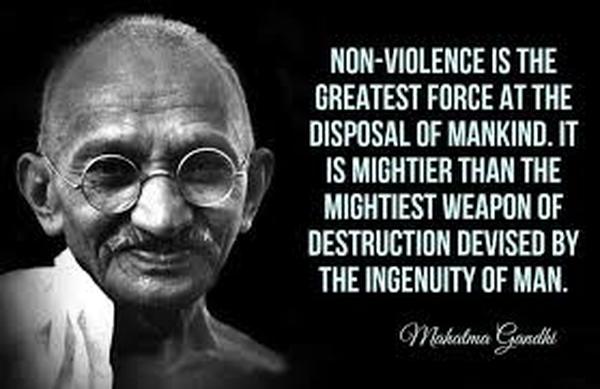
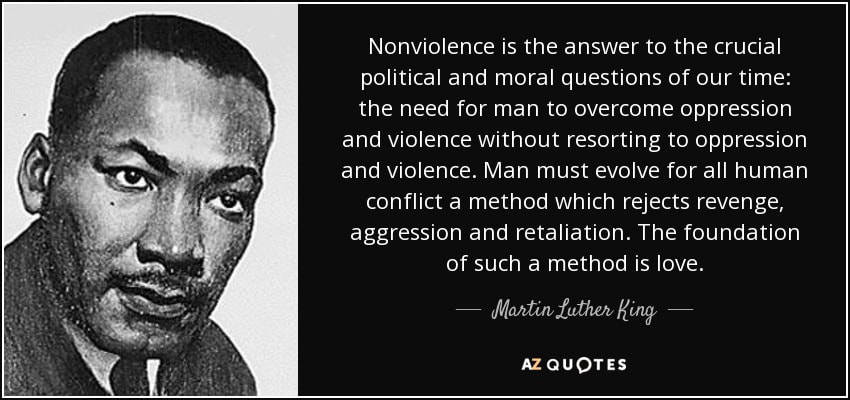
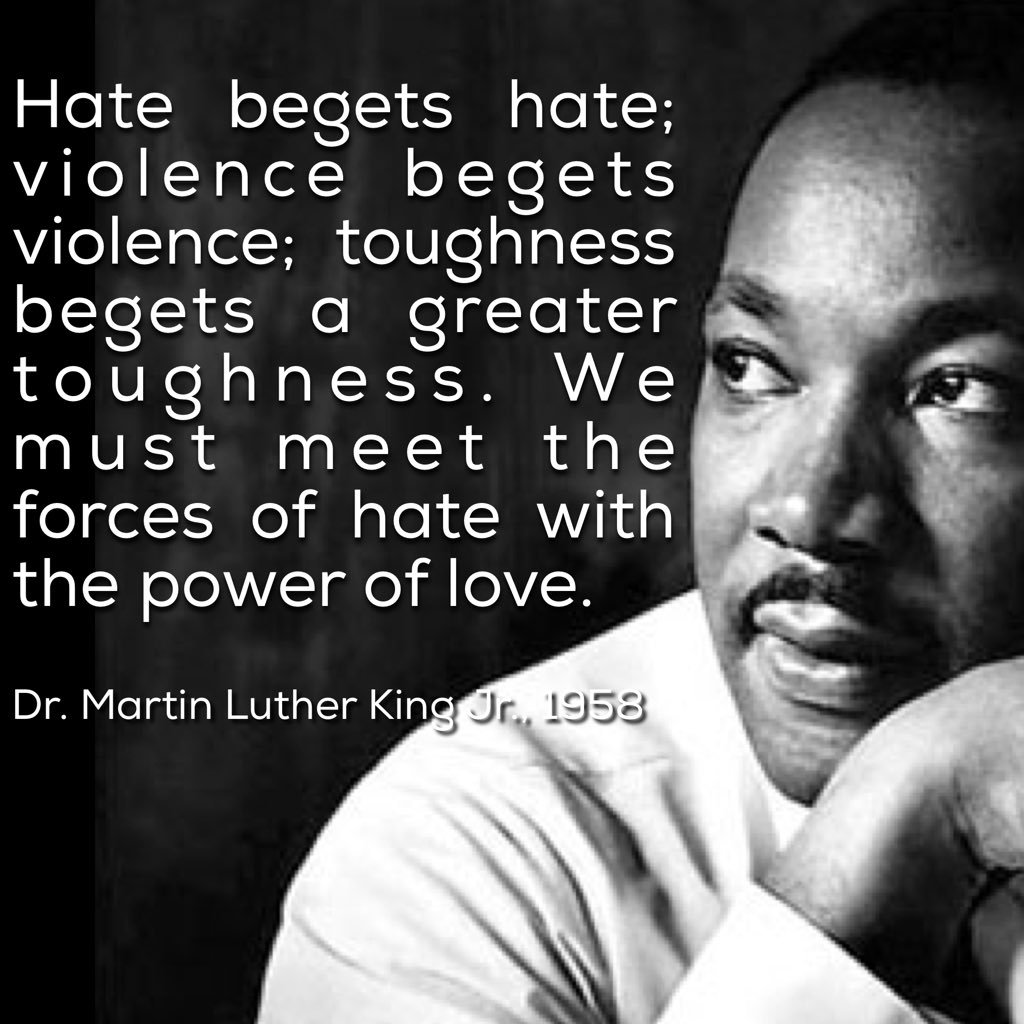
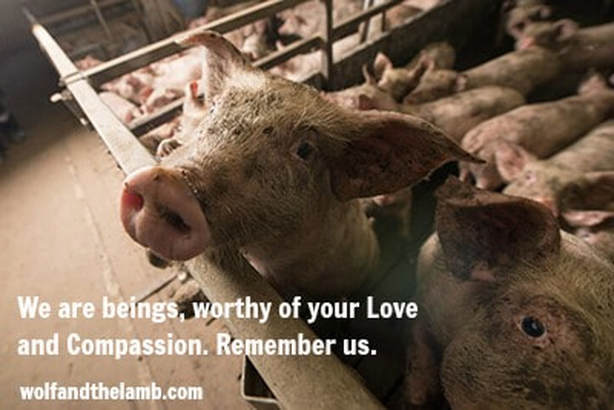
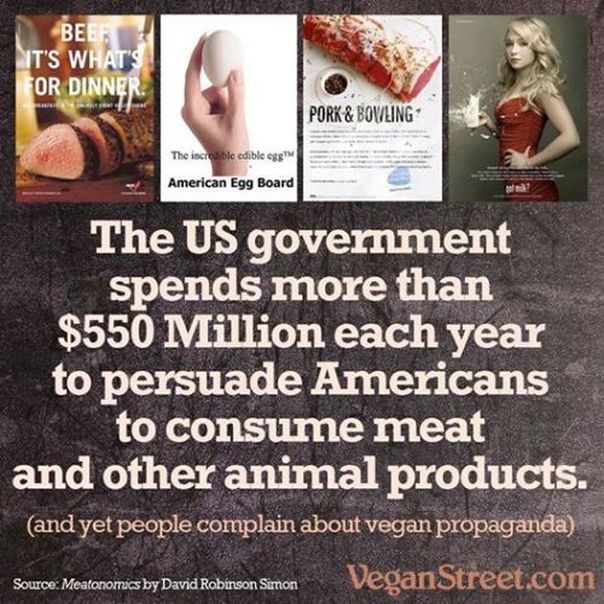
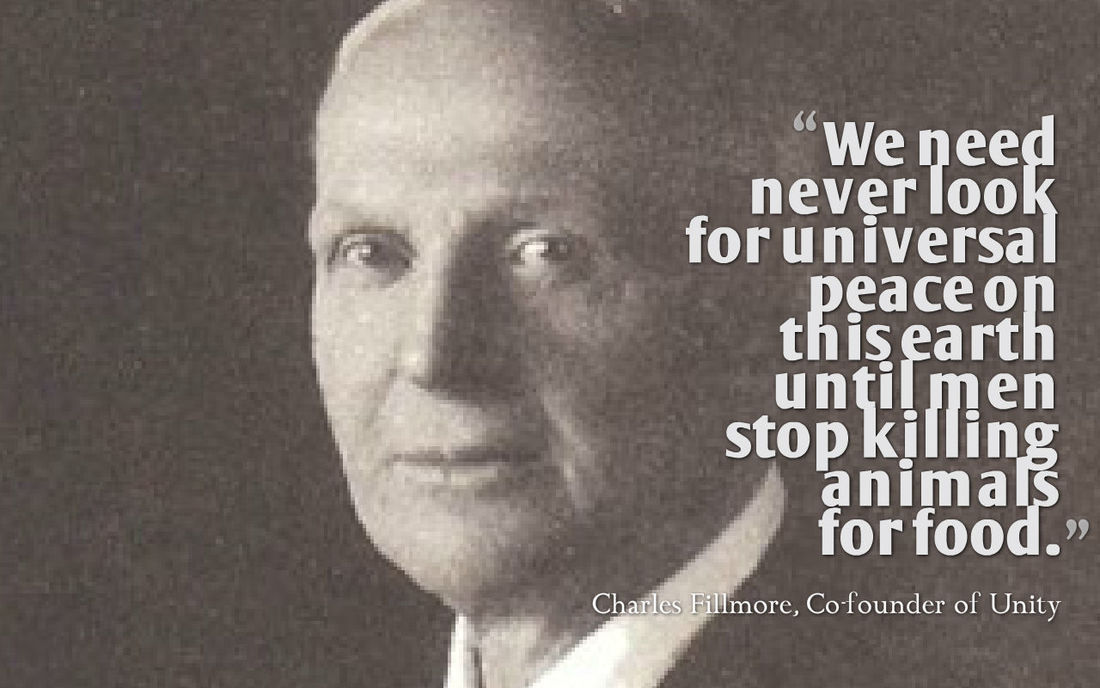
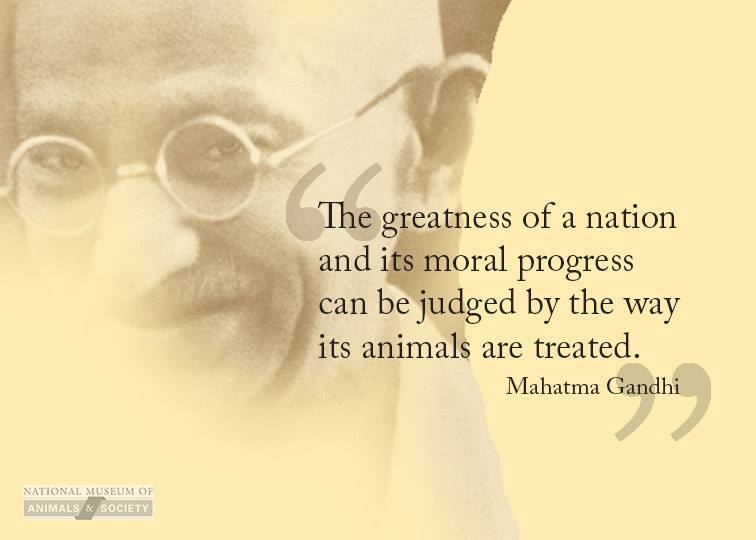
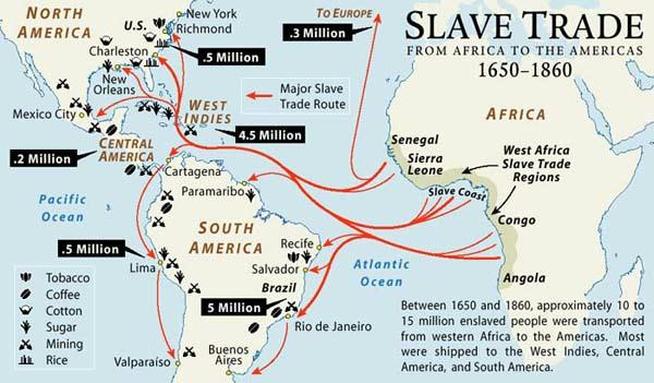

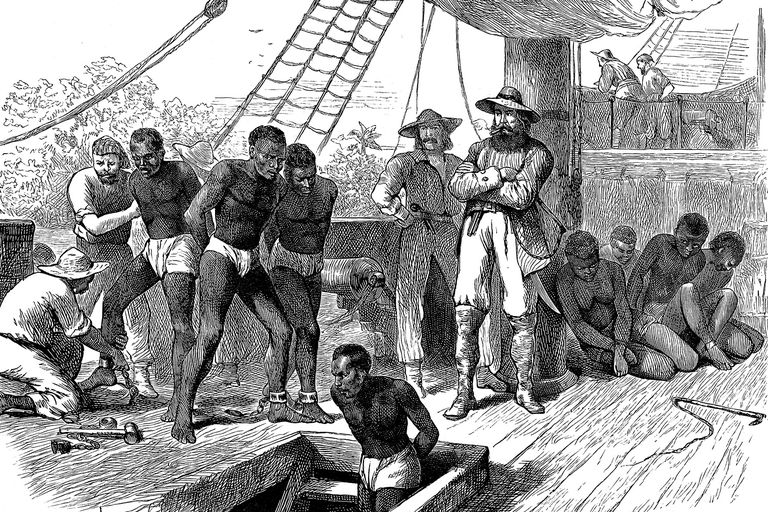
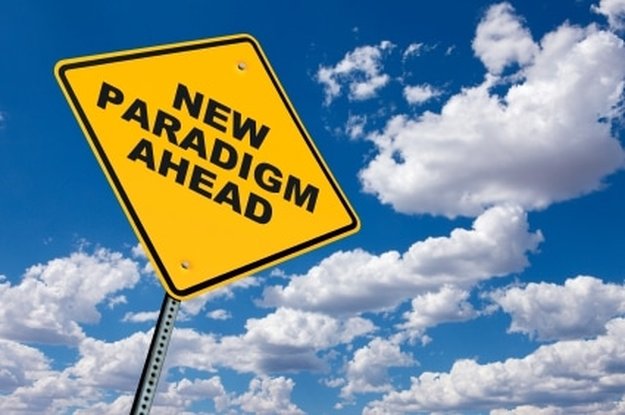

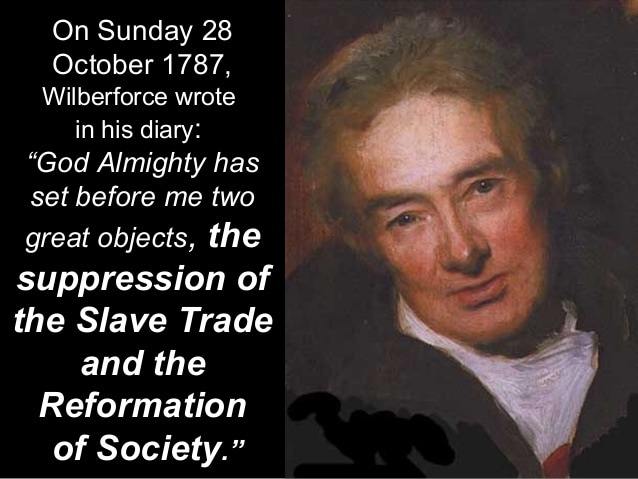
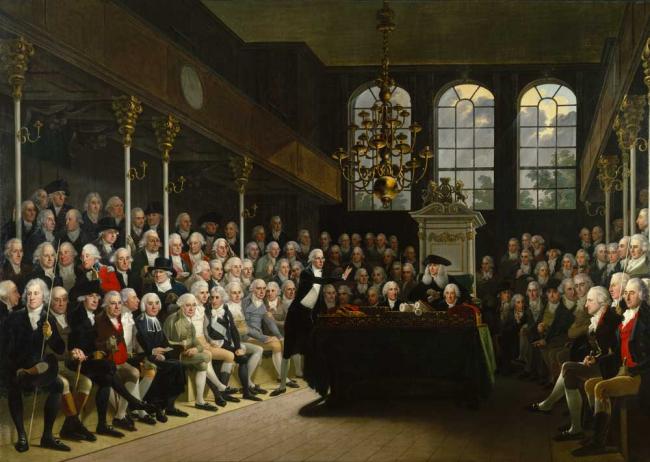
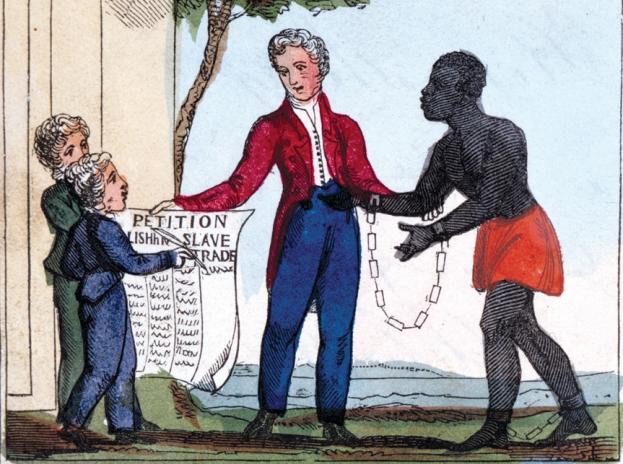
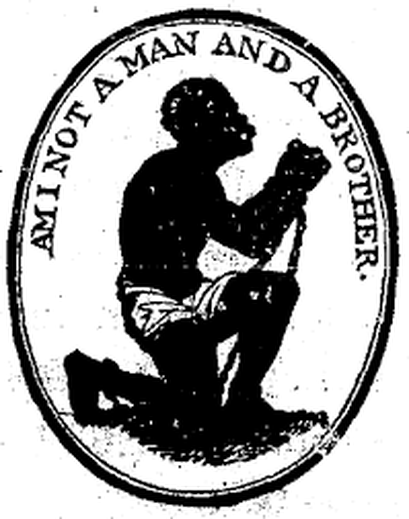
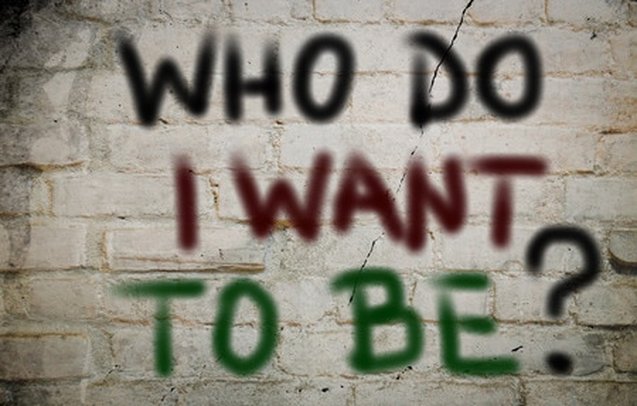
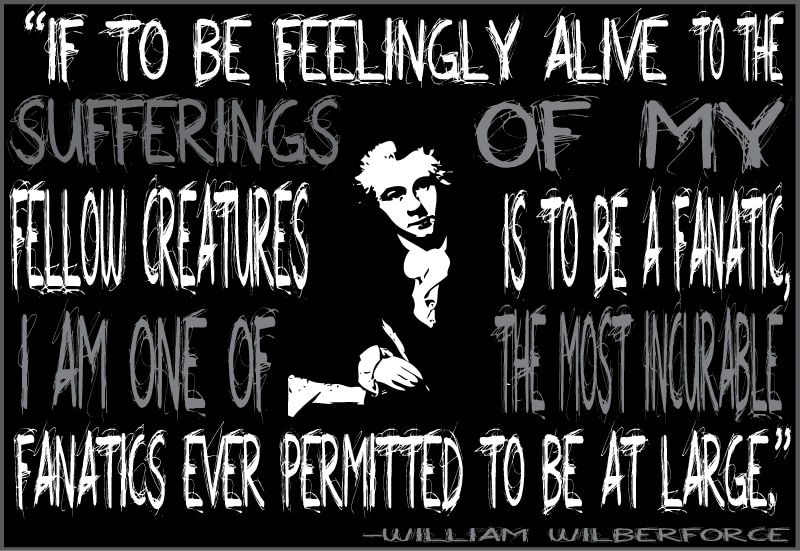
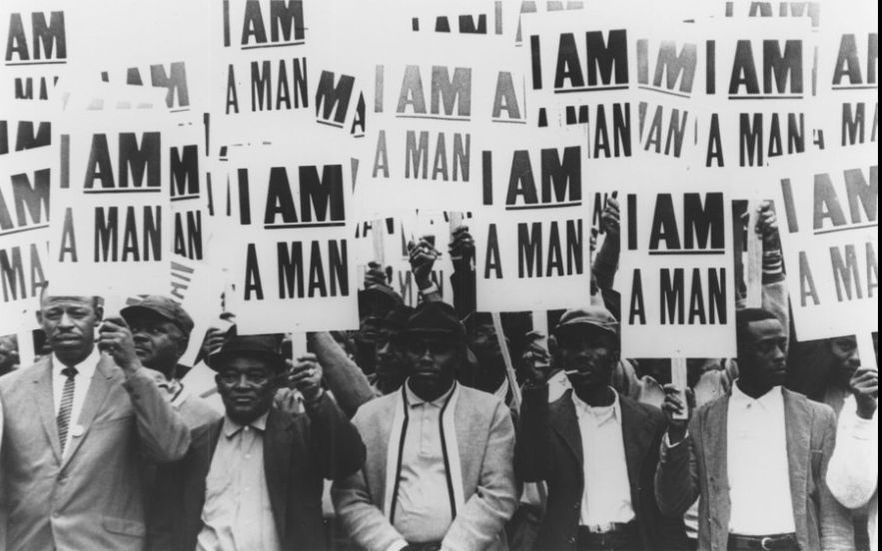
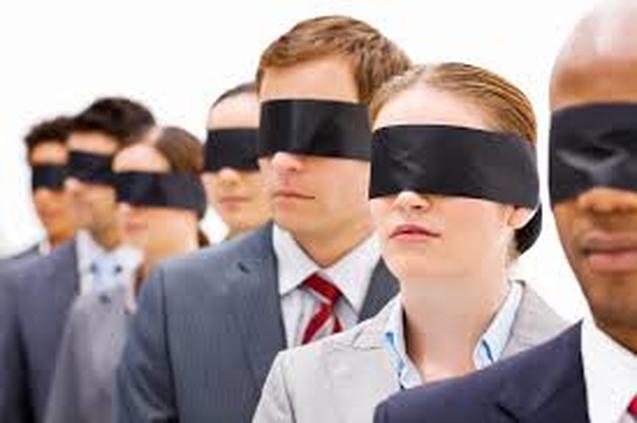
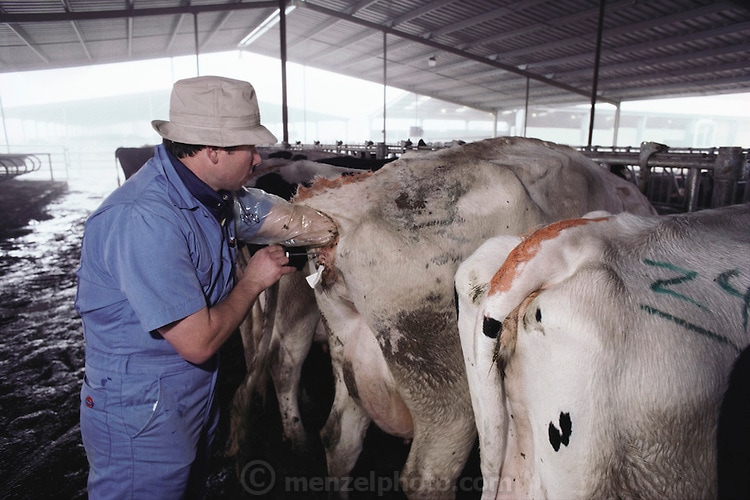
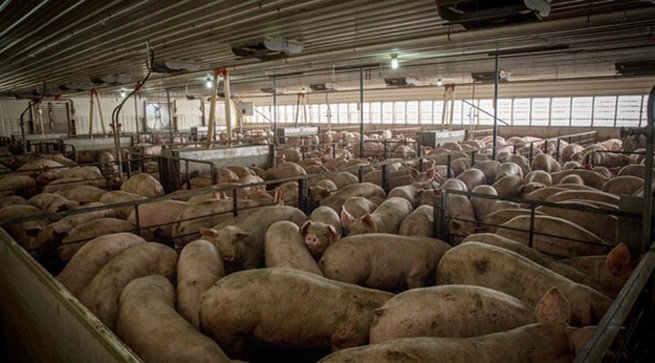
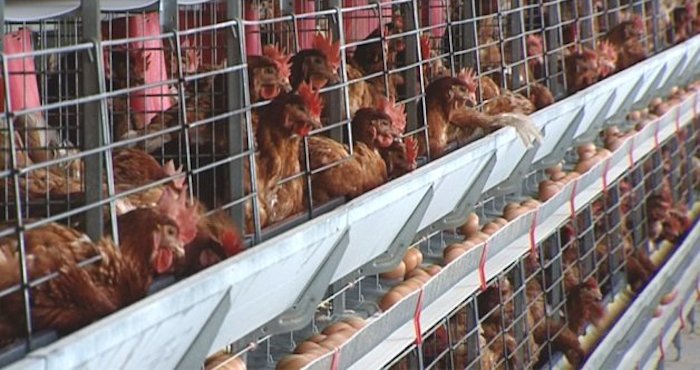
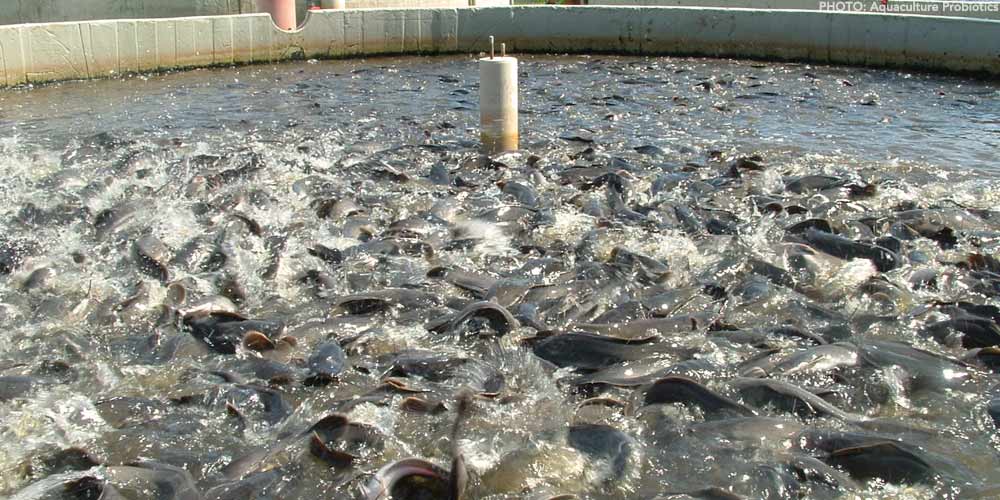
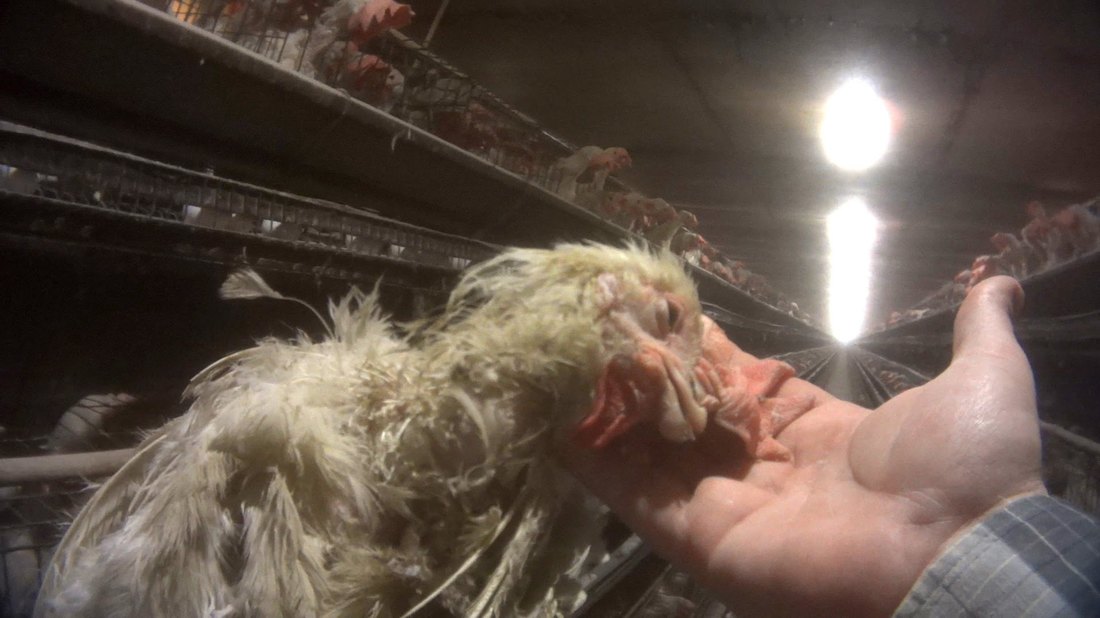
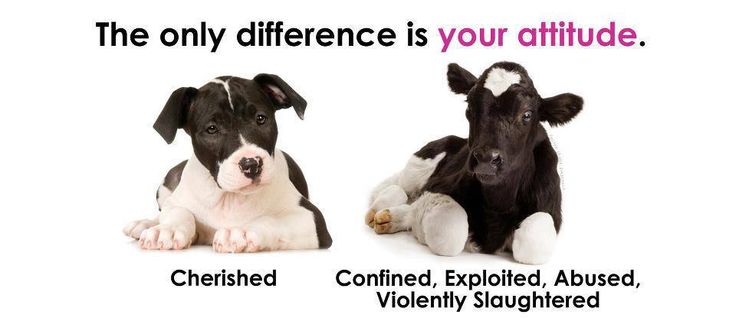
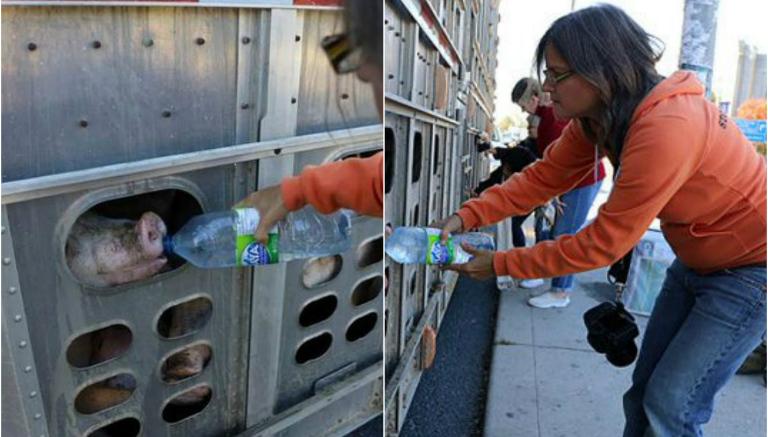
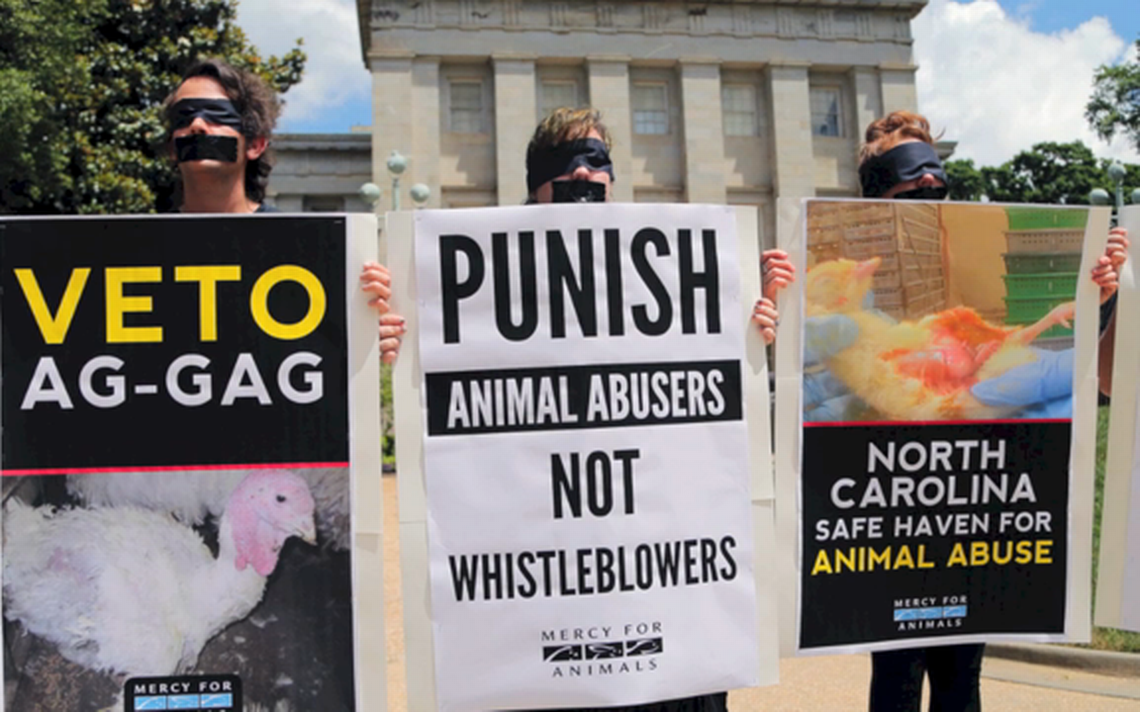

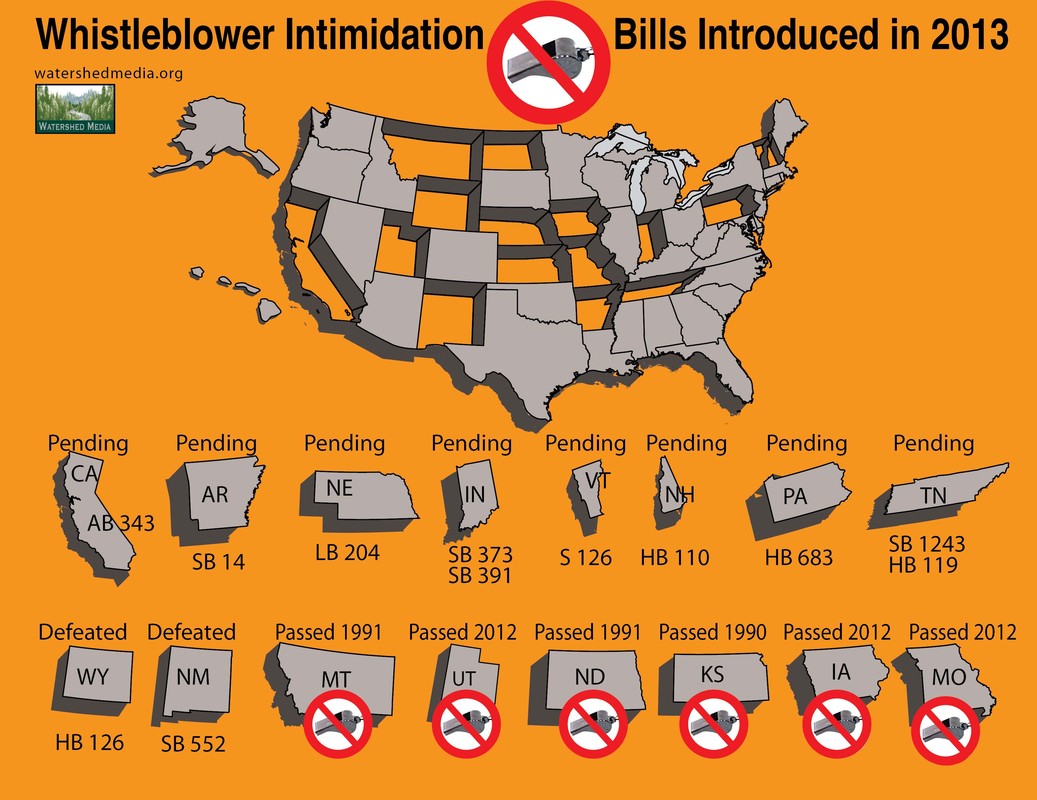
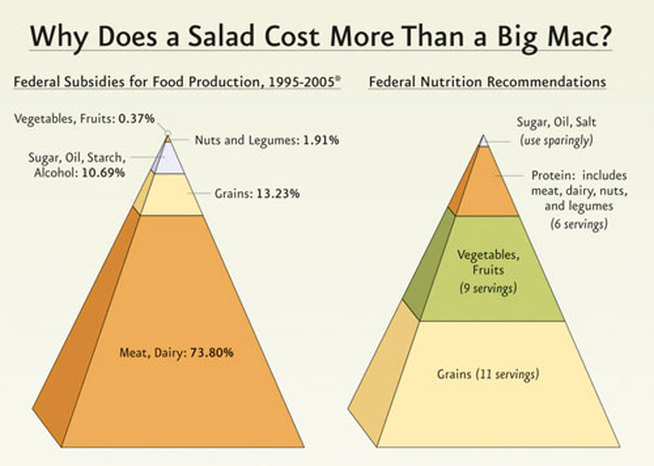
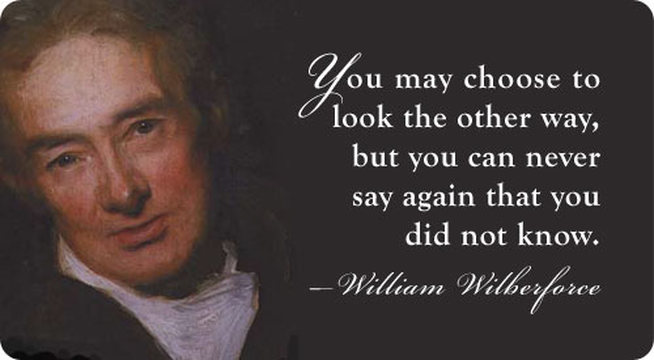
 RSS Feed
RSS Feed